Notes From the New Normal
Browse MoreDescription
“The old custom of shaking hands fell into disuse.”
The line comes from Philadelphia in the 1793 yellow fever epidemic. No hand sanitizer was available. The city was the nation’s capital. Many, like Thomas Jefferson, fled. In all my history books, that simple snippet ran right up to the present tense.
And we are tense as ever. In the privacy of our homes. Which makes the waiting worse, in a way, for the worst to come.
Working from home is not all it’s cracked up to be. Especially for extroverts, the shutdown of social contact is a psychic punishment. Our families are great, except when everybody’s shuttered in 24/7.
“Social distancing” was, two weeks ago, a phrase known only to experts. How quickly life changed. “Nothing to do, nowhere to go,” my schoolteacher sister said, missing coffee and meditation rituals. We seek to structure long days.
The nation is braced for calamity, awakened to the world’s coronavirus contagion on our shores. America’s usually the lucky child of history. We’ve always felt protected by our oceans.
Yet the new coronavirus crossing over from China and international cruise ships was clear to see — for those few looking. It knows no borders and respects no leaders. German Chancellor Angela Merkel is proof of that.
America is not immune to the world. We’re all connected in “a single garment of destiny,” as Martin Luther King Jr. wrote.
So President Donald Trump’s “America first” braggadocio was laid low. Still, he’s inescapable; a dim grasp of science is no surprise. His contradictory words to the nation on COVID-19, or the “Chinese virus,” set off another contagion: fear.
Ironically, the pandemic is loosening his grip on power at a critical moment. Five Republican senators are under quarantine.
Thank goodness for the clarity of Dr. Anthony Fauci, director of the National Institute of Allergy and Infectious Diseases, who hits perfect pitch in a crisis. He’s keeping us from bread riots.
The best leaders bring out the best in us, like cheery Franklin D. Roosevelt and resolute Winston Churchill, during the Depression and World War II. They don’t simplify or give false promises. With heart and eloquence, they make citizens feel they can face the next day, week, month or year together. Together is the key word.
“It is not even the beginning of the end. But it is, perhaps, the end of the beginning,” Churchill told the English people. Londoners slept in the Underground; they volunteered for air raid patrol; they rationed food. Some said the German bombing, the blitz, was the best time of their lives,
The yellow fever epidemic was not remembered fondly. About 5,000 people died in Philadelphia, 1 out of 11 citizens. A Declaration of Independence signer, Dr. Benjamin Rush, treated hundreds of patients each week (after he recovered from the fever), never taking payment from the poor.
Rush practiced bloodletting as the best cure, but that was the state of the art. He thought rotting coffee and noxious odors from the waterfront were the source. The truth, nobody knew, was that mosquitos carried the disease.
The deadly Spanish flu of 1918 was even worse. The virulent disease swept the globe, killing millions in World War I’s wake. Immunity systems were ravaged after the war.
Americans like to look forward, not back. In the Old World, the Black Death was a nightmare that still plays a dark part in memory.
Our polio epidemic in the 20th century claimed thousands. Franklin D. Roosevelt, 39, was stricken, a brilliant political future at stake. Children had to stay indoors in summer, with pools, parks and movie theaters closed. My parents remember that; my mother got polio as a young girl.
As an immunologist’s daughter, I think about past and present scenarios. Closing campuses seems hard on mental health. If you segregate, screen and monitor a healthy young population, enforcing hygiene and health care, why disperse them into society where they’d be carriers with no symptoms?
Students could learn a life lesson in how to face a crisis together.
Solace comes and then goes. I live near a cathedral. With no congregation under the steeple, a Sunday service was conducted online. But the bells never sounded. A small death close to home.
To find out more about Jamie Stiehm and other Creators Syndicate columnists and cartoonists, please visit the website creators.com

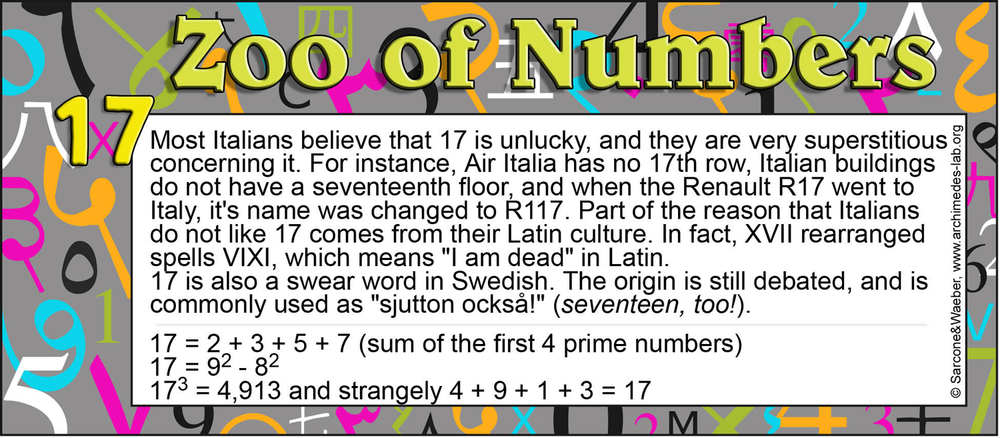

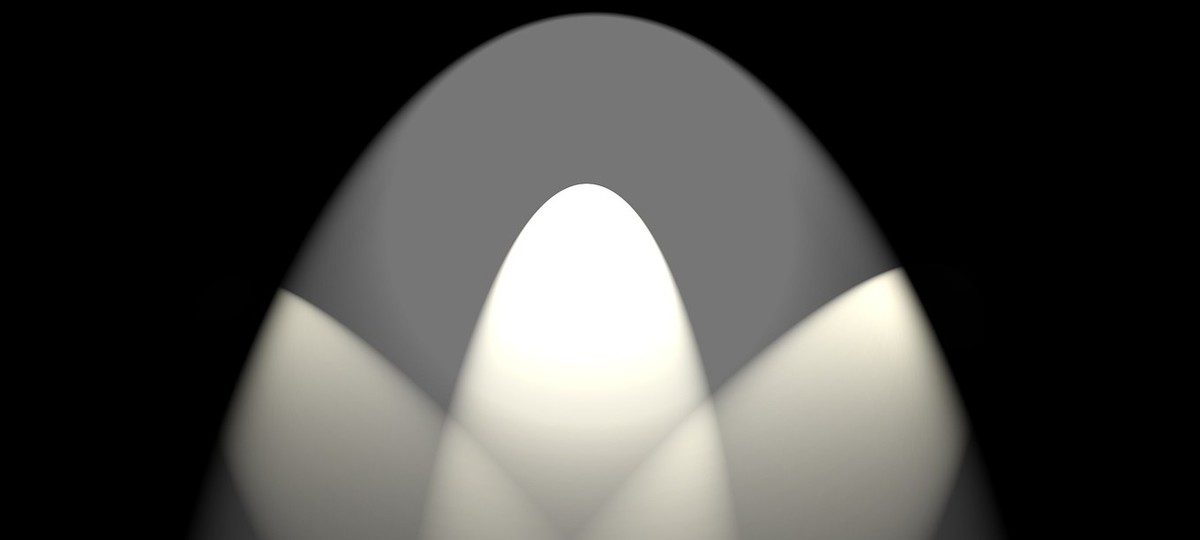
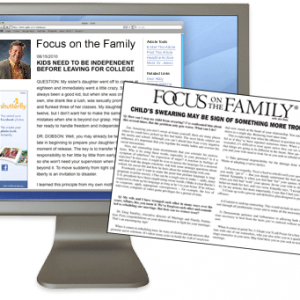
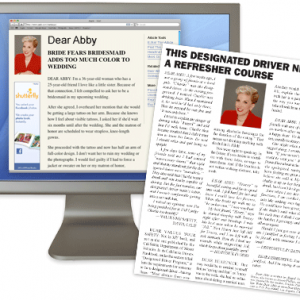
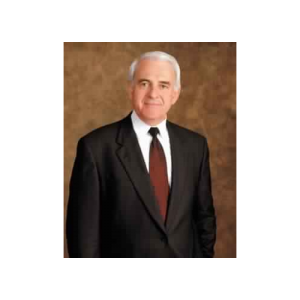
Reviews
There are no reviews yet.